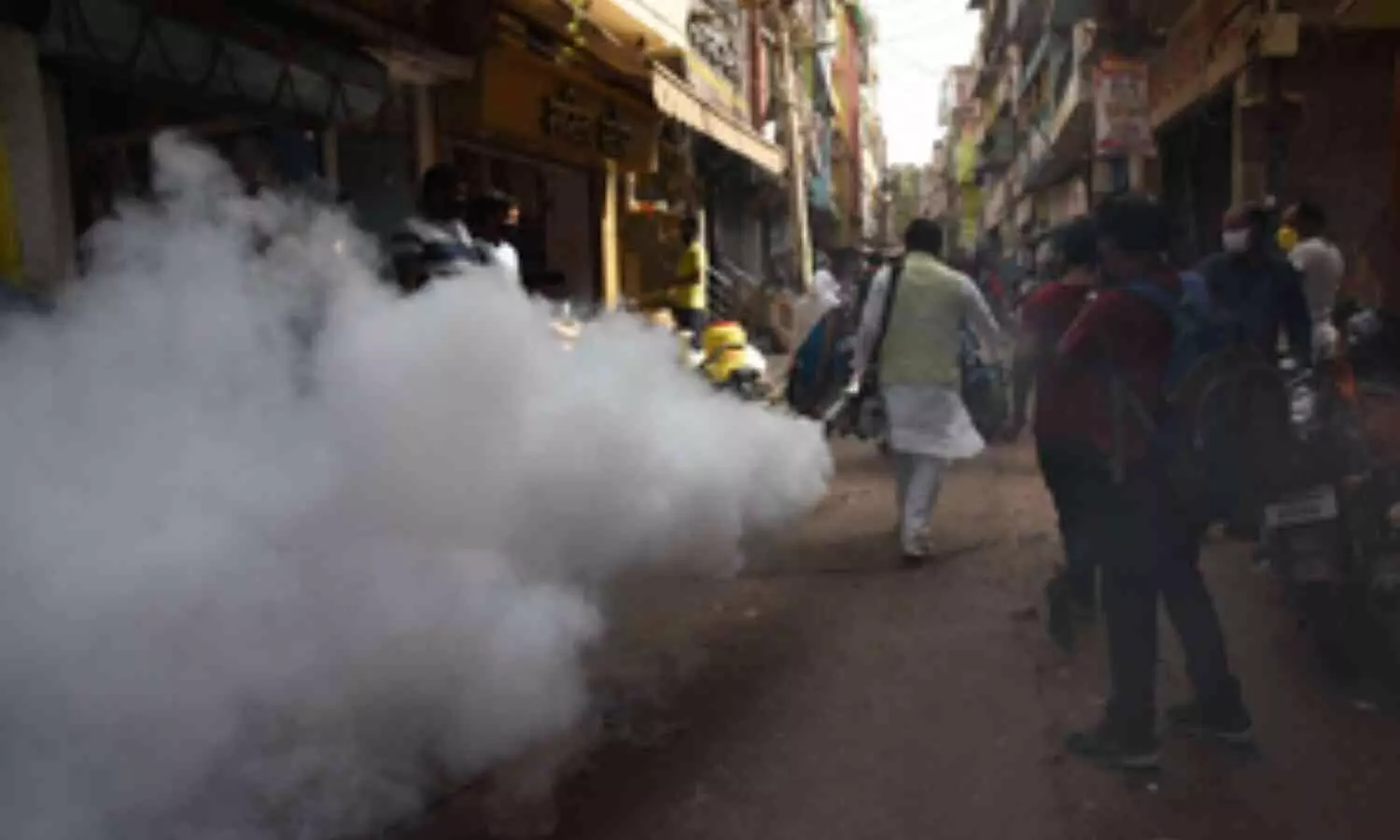Gurugram Records 175 Dengue Cases This Year, No Fatalities Reported

Gurugram: As of Friday, at least 175 confirmed dengue cases have been reported in Gurugram this year. Despite extensive measures and multiple awareness programs conducted by the health department to curb the spread, the number of cases has continued to rise steadily.
Health officials noted that patients diagnosed with dengue and malaria exhibited symptoms such as high fever, sweating, headache, vomiting, abdominal pain, muscle pain, and traces of blood in their stool. According to data from the district health department and the Municipal Corporation of Gurugram (MCG), the highest number of suspected cases have emerged from Om Nagar, Kadipur, Anjana Colony, and Manesar.
Doctors highlighted that the dengue season typically begins in June and lasts until mid-December. J. P. Rajliwal, head of the district’s malaria office and vector control department, stated that numerous preventive and curative initiatives have been launched to control the spread. “We have organized medical camps, and Rapid Response Teams have been deployed in high-risk and remote areas to spread awareness,” he said.
Medical representatives have been actively advising residents to avoid these vector-borne diseases by taking preventive measures. Volunteers consistently encourage individuals to seek timely medical attention to prevent complications. Rajliwal also noted that the Aedes aegypti mosquito, responsible for spreading both dengue and chikungunya, thrives in fresh, stagnant water commonly found in these localities.
Doctors in the region have called for an increase in the number of beds at the Civil Hospital, anticipating a surge in patients in the coming weeks. “We are taking necessary precautions as we continue to see an influx of patients presenting with symptoms of dengue and malaria. We urge people to get tested, even for mild fevers,” a health officer stated.
To manage and prevent the spread of the disease, the health department has been implementing measures such as awareness campaigns, SMS alerts, fogging, and establishing a dedicated dengue ward at the Civil Hospital. Officials highlighted that the use of gambusia fish, known for controlling mosquito populations, has also been an effective strategy.
During a recent survey, health officials visited nearly 12,804 houses across the district on Wednesday. Notices were issued to 176 individuals whose homes were found to have mosquito larvae, further emphasizing the need for continued vigilance and community cooperation in curbing the spread of the disease.


